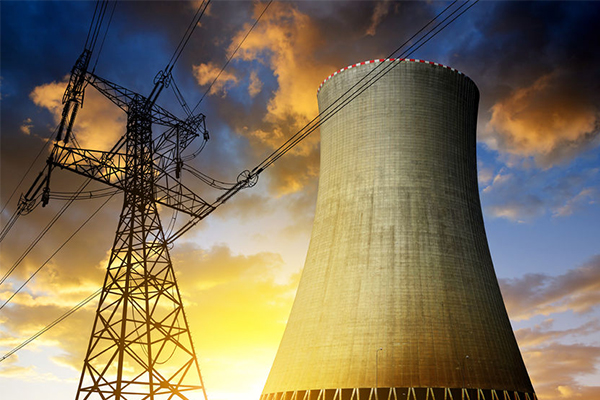Why Nuclear? Robert Parker’s Case for a Cheaper, Cleaner, Smarter Energy Future
Phil speaks with Robert Parker — civil engineer, founder of Nuclear for Climate Australia, and former President of the Australian Nuclear Association — about the case for a nuclear-powered grid in Australia.
Parker outlines nine compelling benefits and requirements for transitioning to nuclear energy, arguing it’s the smartest path to a low-emissions, economically sound energy future:
-
Cost-Effective: Nuclear power can deliver electricity at about half the cost of a system built solely on wind and solar.
-
Lower Emissions: It produces roughly one-quarter the emissions of renewables.
-
Resource Efficient: A nuclear grid uses just one-fifth of the non-renewable materials compared to wind and solar.
-
Homegrown Capability: Australia can build its nuclear future using local talent, uranium, steel, and concrete—with support from global partners like Canada and South Korea.
-
Revitalising Industry: Nuclear can drive re-industrialisation in manufacturing hubs like Newcastle, Wollongong, Victoria, and South Australia.
-
Investing in People: A major skills uplift is needed—Parker calls for HECS-free engineering and science degrees, and government-funded apprenticeships to power the shift.
-
Protecting Nature: Unlike renewables, nuclear preserves forests, farmland, and regional landscapes, offering the lowest environmental footprint of any energy source.
-
No Pricey Storage: Nuclear negates the need for costly deep storage projects like Snowy 2.0 and Borumba, potentially saving $18 billion each.
-
Fast Deployment: International examples—from France to Ontario—show nuclear is the quickest way to achieve a zero-carbon grid.
Download this podcast here















